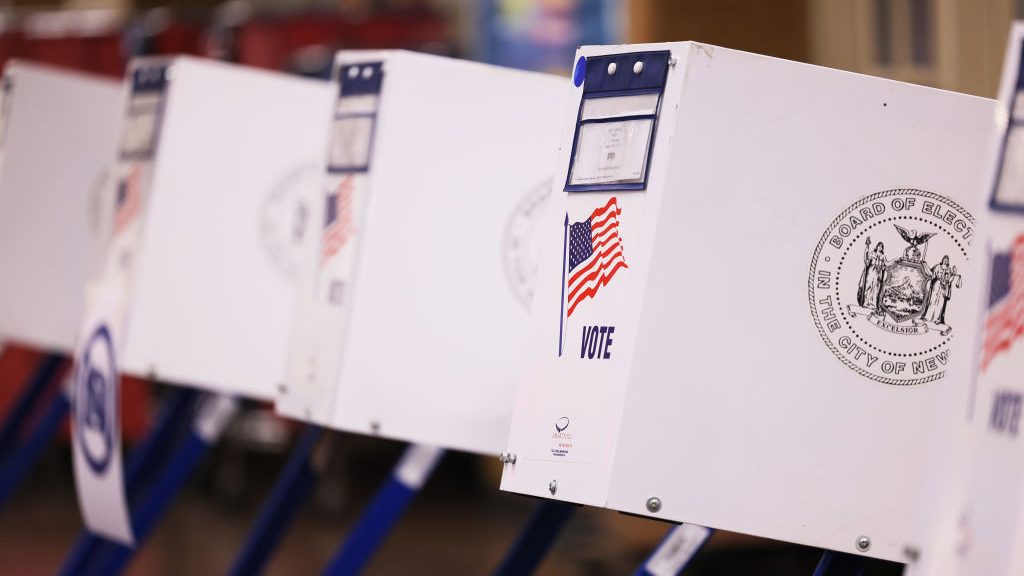There are plenty of unspoken rules in life, and they are just as important as the spoken ones. Don't be a jerk. Do your fair share of the group's work. Don't take advantage of people just because you can. Breaking these rules isn't illegal, but you still shouldn't, or should at least aspire to not do so. These unspoken rules, as much as the spoken ones, are what bind humanity together. Anyway, this post is going to be about how that relates to public records requests.
One unspoken rule, when it comes to public records—and I know a fair bit about them—is to be realistic. A person could request, say, copies of a 10,000-page document. But be practical. How long is it going to take the government to process that request? How much is it going to cost you? Could you get the answer you want from a cover sheet? Can you get your answer by going in and reviewing the 10,000 pages, then pulling out for copies the handful that you actually need? Not always, but more often than not a records custodian will work with you on this. Compromise will make the custodian's life easier, and in turn they will make your life easier. Another unspoken but helpful rule, another way that people can help other people out.
Or you can ignore all this and be a jerk. Say you want all 10,000 pages! Say you want them now! This is not an effective route if you want answers, nor is it best practice if you would like to work with the records custodian ever again. But maybe you don't want answers. Maybe you just want to make life harder for other people. Or maybe you are only thinking about yourself and what you want. There are some measures built into public records laws to protect against this, but only so much. At some point, you cannot make "being a jerk" illegal.
This is the situation that election officials across the country find themselves in right now as supporters of former president Donald Trump flood local election offices with time-consuming public records requests, according to the Washington Post. The deluge typically asks for copies of "cast vote records," which is what it sounds like—anonymized records of how people voted. Votebeat described them as "the electronic representation of how voters voted" that typically uses zeros and ones. Think about the huge volume of people who vote in a presidential election, and then imagine getting repeated requests for that massive data set. Those requests do not say outright, "Hello, I am a request being sent to suck up all your time before a huge election." But, with elections a few months away, that is what they accomplish.
As Chuck Broerman, a Republican clerk in El Paso County, Colorado, told the Post: "It’s the public’s right to transparency, and I understand that. But at the same time, it’s been reported to me that some of this has been done perhaps deliberately to break the system. And you have to ask yourself, why do they want to do that?"
Broerman told the newspaper that he hired another employee to help handle all the requests. Colorado County Clerks Association executive director Matt Crane told the paper, "The only way to look at it is as a denial-of-service attack on local government."
The person behind this is MyPillow founder Mike Lindell, a prominent conspiracy theorist and Trump supporter who recently had his cellphone seized by the FBI. Lindell has spent a lot of time telling his followers that the 2020 election was stolen from Trump (it was not). According to multiple clerks who have spoken to multiple outlets, many of the requests they are receiving appear come from Lindell's followers, who are requesting what he told them to request.
Even before the Post report, local news outlets were reporting on this phenomenon all over the country. Because elections are local affairs—they are managed by local officials, typically at the county level—there isn't a simple way to see all these record requests in aggregate. The Post estimated that they have been made in "nearly two dozen states and scores of counties." A few examples that already were reported before the Post article, include:
- Local election boards in Ohio got slammed with requests, according to Cleveland.com. The requests asked for, among other documents, "copies of all ballots, poll books, voting machine reports, and absentee ballot identification envelopes." Clerks said they would have to hire additional staff or contract with outside companies to fulfill the requests, which they said appeared to be coming from followers of Lindell as well as a podcaster who is trying to run for Ohio secretary of state.
- Colorado Newsline reported on the flood of requests hitting clerks across that state, with several noting that the requests appeared to be copy-pasted and that the requestors didn't seem to understand what they were asking for. Clerks association executive Crane called out Lindell for not doing the public records requests himself, noting he was getting regular citizens to “do their dirty work for them.”
- Stephen Richer, the recorder for Maricopa County, Arizona, reported himself last month that his office had received 173 record requests in one week for cast vote records from the November 2020 election. As he noted about cast vote records, which are a very large and specific type of data set, "very, very, very few people know how to use this."
- Dane County Clerk Scott McDonell told ABC News back in August that his office in Wisconsin got up to 50 of these requests over two days, not long after Lindell made the callout to his followers.
Requestors who spoke to the Post said they were doing as they were told by Lindell or other conspiracy theorists. One Lindell follower confirmed this to the Post and duly mimicked the precise language that is so often used around public records: "We believe those who have nothing to hide, hide nothing,”
Co-opting this language in pursuit of this deranged goal does not make the effort more honorable; faithful mimicry should not to be confused with actual honesty. People who regularly work with public records understand why we have them—because of public pressure on institutions for transparency—and how gleefully those in power (aka state legislators) are about seizing excuses to take that right away. Here in California, documents that seem as if they should obviously be public—such every complaint filed about police misconduct—still remain under lock and key. Requesting a large and unwieldy (to the average person) data set from a local clerk for the 50th time does nothing to address that. What these requestors don't seem to realize, or perhaps care about, is that they are, not only making the lives of election workers much more difficult, but the most likely outcome of their demands is this: Calls for new laws limiting public records requests, which would not benefit the public in the least. Those in power rarely pass up the chance to operate with less transparency. They don't need an excuse to pursue that, but Lindell's foot soldiers seem determined to give it to them anyway.






